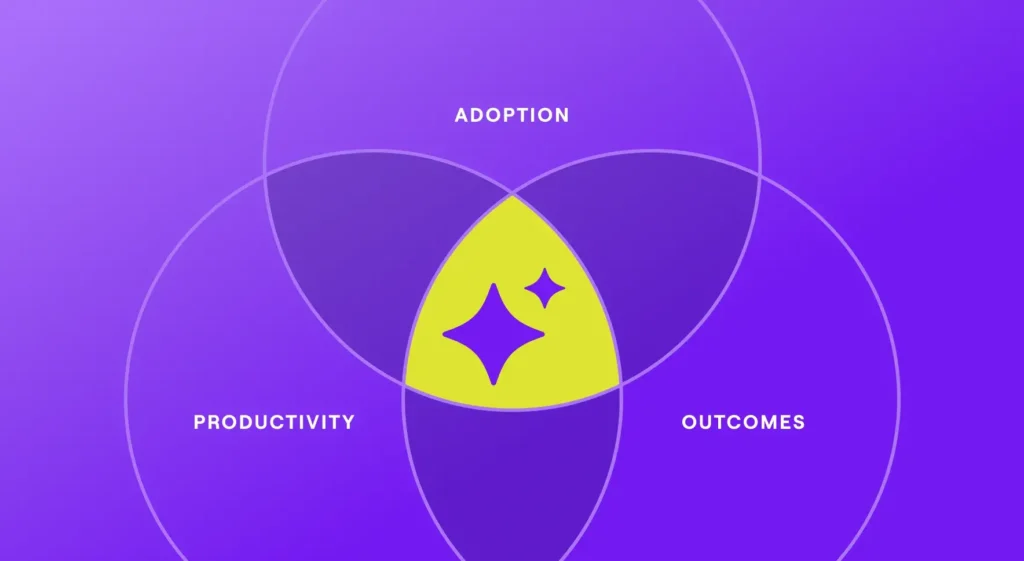Engineering management skills are crucial assets for individuals who want to become leaders in software engineering management. Successful software engineering managers possess a unique combination of technical knowledge, interpersonal skills, and strategic thinking. These essential skills bridge the gap between technical expertise and leadership abilities.
To exceed their roles, software engineering managers must have a solid understanding of software development processes, programming languages, and emerging technologies. This technical expertise can enable them to provide guidance to their teams and effectively communicate with stakeholders.
Software engineering managers must also possess strong leadership and interpersonal skills. They must be able to inspire and motivate their teams, foster a collaborative and inclusive work environment, and effectively manage conflicts. Managers should be able to drive career development and growth through nurturing and mentoring software engineers on their teams – this may mean helping engineers become managers, or just helping them become better engineers!
Building and nurturing strong relationships with team members, stakeholders, and clients is another crucial skill for successful software engineering managers. Engineering managers should possess excellent communication skills that allow them to articulate complex technical concepts to non-technical stakeholders and facilitate effective collaboration between departments.

Engineering Manager Roles and Responsibilities
The responsibilities of software engineering managers encompass a broad range of tasks. Engineering managers are in charge of overseeing the entire software development lifecycle from project initiation to deployment and maintenance. The management tasks involved in this life cycle include:
- Defining project objectives
- Allocating resources
- Setting timelines
- Managing budgets
Software engineering managers also play a crucial role in talent acquisition, ensuring that the right individuals with the necessary skills and expertise are hired for the team. They may also provide mentorship and guidance to their team members, facilitating the team’s professional growth and development.
Other responsibilities of software engineering managers are:
- Identifying and mitigating risks
- Ensuring quality control
- Driving continuous improvement
Engineering managers usually collaborate closely with product managers and other stakeholders to align software development efforts with organizational goals and objectives. They monitor project progress, track key performance indicators, and make data-driven decisions to optimize team performance and project outcomes.
Software engineering management requires a diverse skill set that combines technical expertise, leadership abilities, and effective communication skills. By leveraging each of these skills, engineering managers fill pivotal roles in various areas, such as:
- Overseeing software development projects
- Managing development teams
- Driving successful software development initiatives
- Creating an environment conducive to innovation and growth
What Qualifications Should An Engineering Manager Have?
To excel as an software engineering manager, an individual must possess a specific set of qualifications ranging from technical expertise to strong leadership and communication skills.
Software Engineering Manager Skills
These qualifications are essential for successfully fulfilling the duties and responsibilities associated with engineering manager positions:
1. Engineering Education
First and foremost, a software engineering manager should have a solid educational foundation in engineering or computer science. A bachelor’s degree or equivalent is NOT a requirement to succeed in engineering management. While it can surely help, the necessary skills and experience can also be learned through online courses, coaching, internships, and/or freelance project work. There is no one way to become an engineering manager, so it is important for an individual to find what works best for them.
2. Engineering Experience
Relevant work experience is crucial for engineering managers. Prior experience as a software engineer or developer is highly valuable, as this experience can provide firsthand knowledge of the software development process and software engineering industry best practices. Relevant work experience can also prepare an individual for the types of challenges they should expect to face as an engineering manager.
Additionally, the more experience an engineering manager candidate has, the better they are usually able to empathize with their team members, understand their needs, foster trust in their leadership, and provide effective mentorship.
3. Leadership Ability
Leadership skills are a fundamental requirement for an engineering manager. Candidates for engineering manager positions should be able to inspire and motivate their teams, foster collaboration, and drive innovation. Effective problem-solving and strategic thinking abilities are also essential leadership qualities for software engineering managers.
4. Communication Skills
Excellent communication skills are vital for software engineering managers as well. Engineering managers should be able to convey technical concepts to both technical and non-technical stakeholders clearly and concisely. Strong interpersonal skills facilitate effective collaboration and relationship-building, both of which are crucial software engineering manager responsibilities.
5. Continuous Learning
To stay abreast of ever-evolving software industry trends, software engineering managers need to have a passion for continuous learning. Keeping up with the latest technological advancements and engineering best practices ensures that an engineering manager remains equipped to guide their team effectively and make informed decisions.
Importance of Leadership in Engineering
The management style that an engineering manager uses can significantly impact the overall performance of their teams and the success of their projects. By embracing participative or transformational leadership styles, engineering managers can foster a culture of collaboration and continuous improvement that leads to increased productivity and positive outcomes for team and organization alike.
Engineering leaders play a critical role in guiding their teams, ensuring efficient project execution, and facilitating collaboration among cross-functional groups. An effective engineering manager leadership style helps create a positive work environment that promotes productivity, innovation, and employee satisfaction.
Engineering Leader vs. Manager
While engineering leaders and managers share some similarities, there are also some key differences between the two roles.
Engineering managers focus more on administrative tasks, such as resource allocation, project planning, and budgeting. They are typically responsible for day-to-day operations and project execution.
Engineering leaders concentrate on setting a clear vision, inspiring and motivating their teams, and driving innovation. They typically adopt a long-term strategic perspective and work towards achieving organizational goals.
Before pursuing a position as an engineering leader or manager, it’s important to understand the differences between various types of engineering leadership roles — such as engineering manager vs. product manager or engineering manager vs. tech lead.
How To Become A Successful Engineer Manager?
Becoming a successful software engineering manager requires a wide range of skills and a strategic mindset. To embark on this career path and thrive in the role of an engineering manager, individuals should consider the following key steps.
Build a Foundation
First, aspiring software engineering managers should focus on building a strong foundation in software engineering. Gaining hands-on experience as a software engineer makes it easier to understand the intricacies of the development process and establish credibility among peers. Engaging in continual learning and staying updated regarding the latest industry trends are also essential for individuals who want to establish their relevance in the fast-paced software engineering landscape.
Develop Leadership Skills
In addition to technical competence knowledge, aspiring software engineering managers should develop strong engineering leadership skills. These skills can be gained by seeking opportunities to lead projects, collaborate with cross-functional teams, and hone communication and interpersonal abilities. Participating in leadership development programs or workshops and seeking mentorship from experienced managers can also yield valuable insights and guidance.
Learn About Senior Engineering Manager Responsibilities
Before applying for engineering manager roles, it’s helpful to become familiar with typical senior engineering manager goals and responsibilities. Senior engineering managers typically focus on tasks like:
- Strategic planning
- Aligning software projects with organizational objectives
- Providing guidance to multiple teams
Developing a strategic mindset and the ability to think long-term are essential for success in this role. Ideal candidates should be able to set clear goals, define performance metrics, and continuously evaluate and adjust strategies to ensure the engineering team’s success.
Why Become an Engineering Manager?
Many individuals are drawn to the role of engineering manager because it offers opportunities to make a broader impact on the direction of software projects. Engineering managers have the chance to foster positive work environments, mentor and develop top talent, and contribute to the growth and success of their organizations. Additionally, becoming an engineering manager can lead to personal and professional growth, as it requires individuals to broaden their skill set beyond technical expertise alone.
To become a successful software engineering manager, individuals should:
- Strive to develop a strong foundation in software engineering
- Cultivate leadership and management skills
- Familiarize themselves with the goals of a senior engineering manager
- Embrace the broader responsibilities that come with the role
By continuously learning, adapting, and focusing on both technical and managerial skills, an aspiring software engineering manager can achieve a rewarding and impactful career in software engineering leadership.





